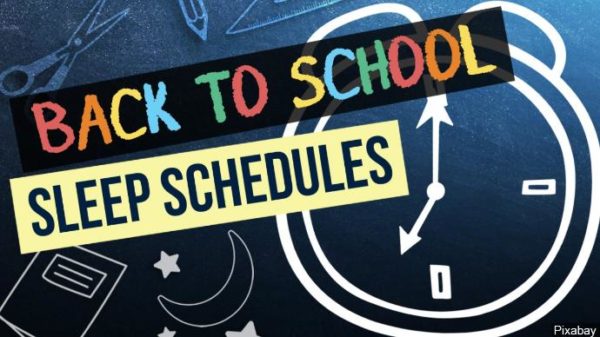
MADISON, Wis. (WMTV) — “A child, even an adolescence, doesn’t just need 8 hours of sleep… A developing children needs anywhere form 12 to 9. So the recommendations for adolescence are still higher than they are for adults,” Dr. Stephanie Jones, UW Health Sleep Clinic expert, said.

Photo Source: Pixabay / MGN
The sleep pattern of staying up late and waking up late during summer vacation is a typical sleep phase and pattern for adolescence, according to Dr. Jones.
“Teens do go through this phase and they seem to function quite well, but I wonder could they function better…One of the other things we know about sleep is mood regulation and that is a huge issue for teens,” Dr. Jones said.
During developing years kids and teens need deep restorative sleep, something that Dr. Jones said research shows you can’t “catch up on it during the weekends.”
“There are differences in brain structure and function in kids who are steady sleeping as much as they should and then those kids who try to make up on the weekends,” Dr. Jones said.
The brain will get the rest it needs, regardless if it is during the night. Dr. Jones said this is why some kids nod off in classes.
“Parts of the brain can fall asleep, the parts of the brain that are the most tired. Kids who are not getting sufficient sleep at night are potentially nodding off and missing all kinds of important learning opportunities,” Dr. Jones said.
Tips for parents to help make the sleep schedule transitions include not letting kids have their smartphones in their rooms at night, downloading a blue light filter to help kids not strain their eyes or get their brains too active to sleep. Dr. Jones also encourages parents to start waking their kids up at the time they would for school to get their bodies used to it again.
For more information about recommended sleep for toddlers, click here, college kids, click here.
Tips to turn off kids’ devices for better sleep, click here.